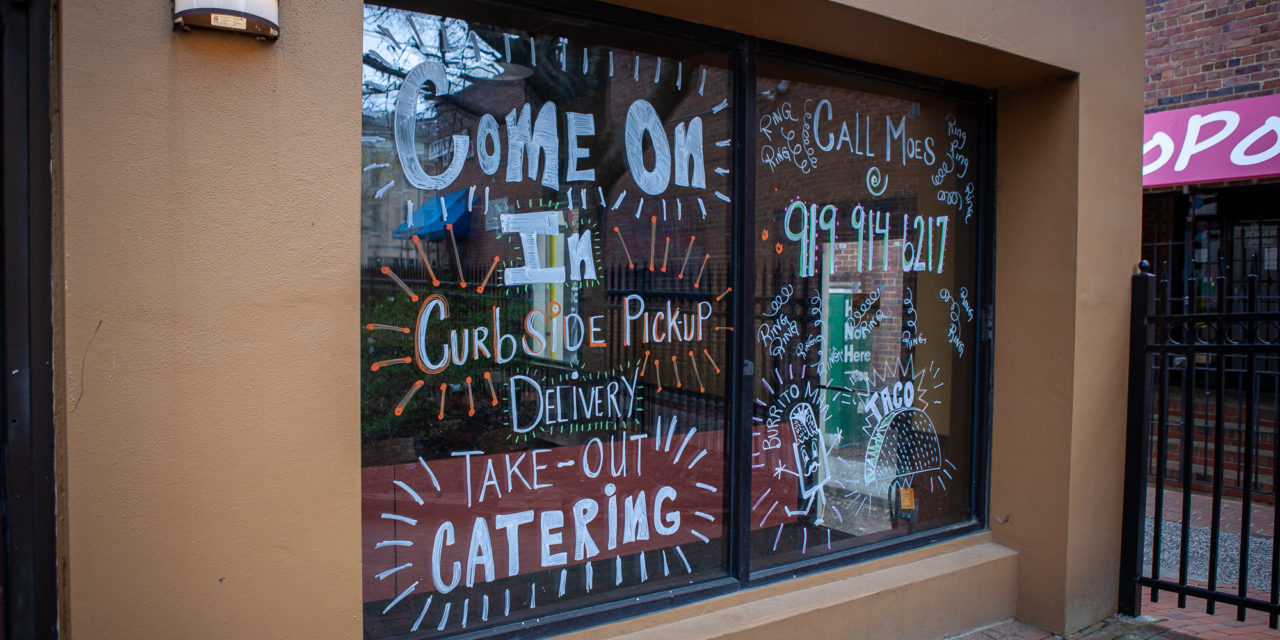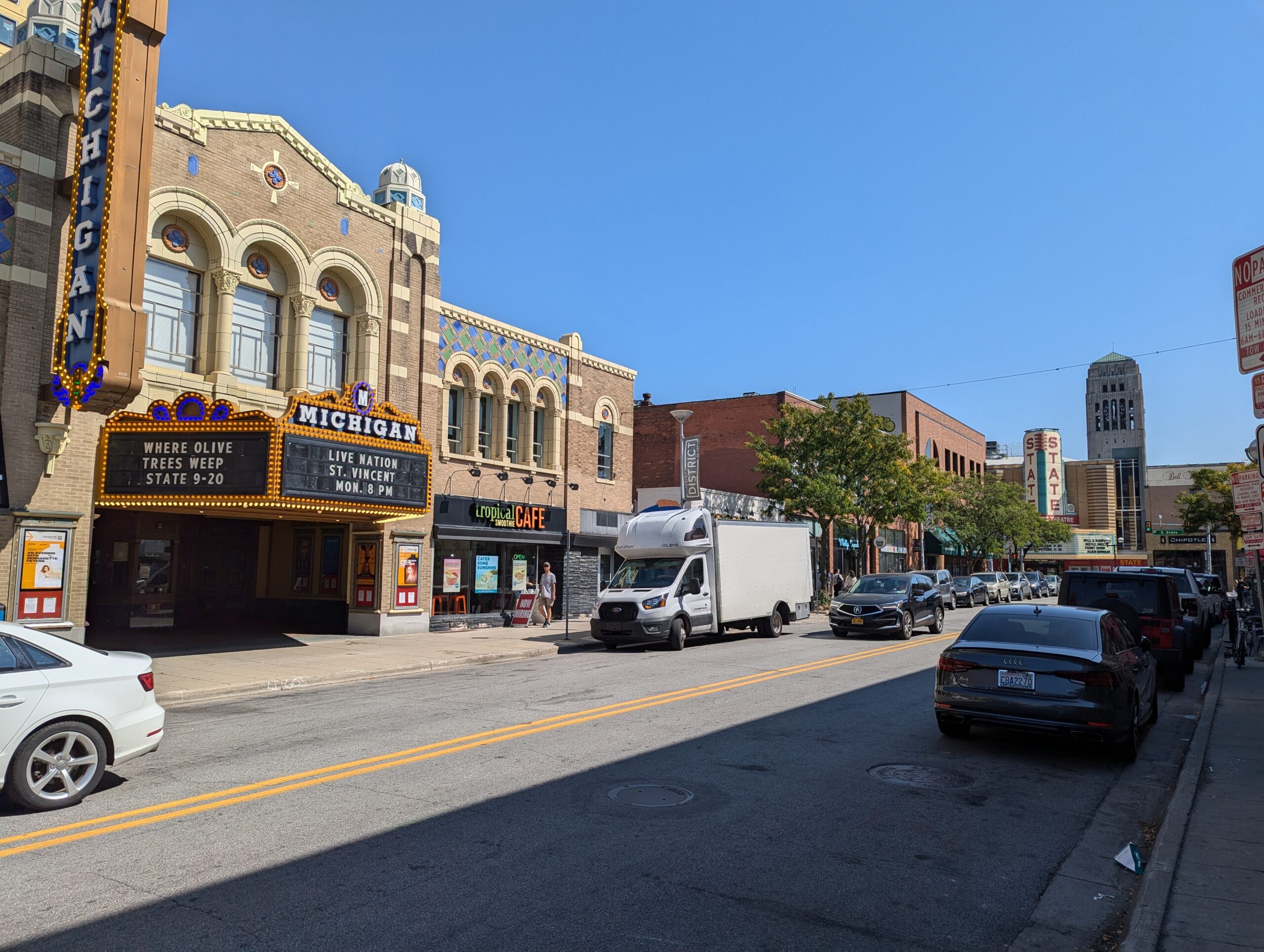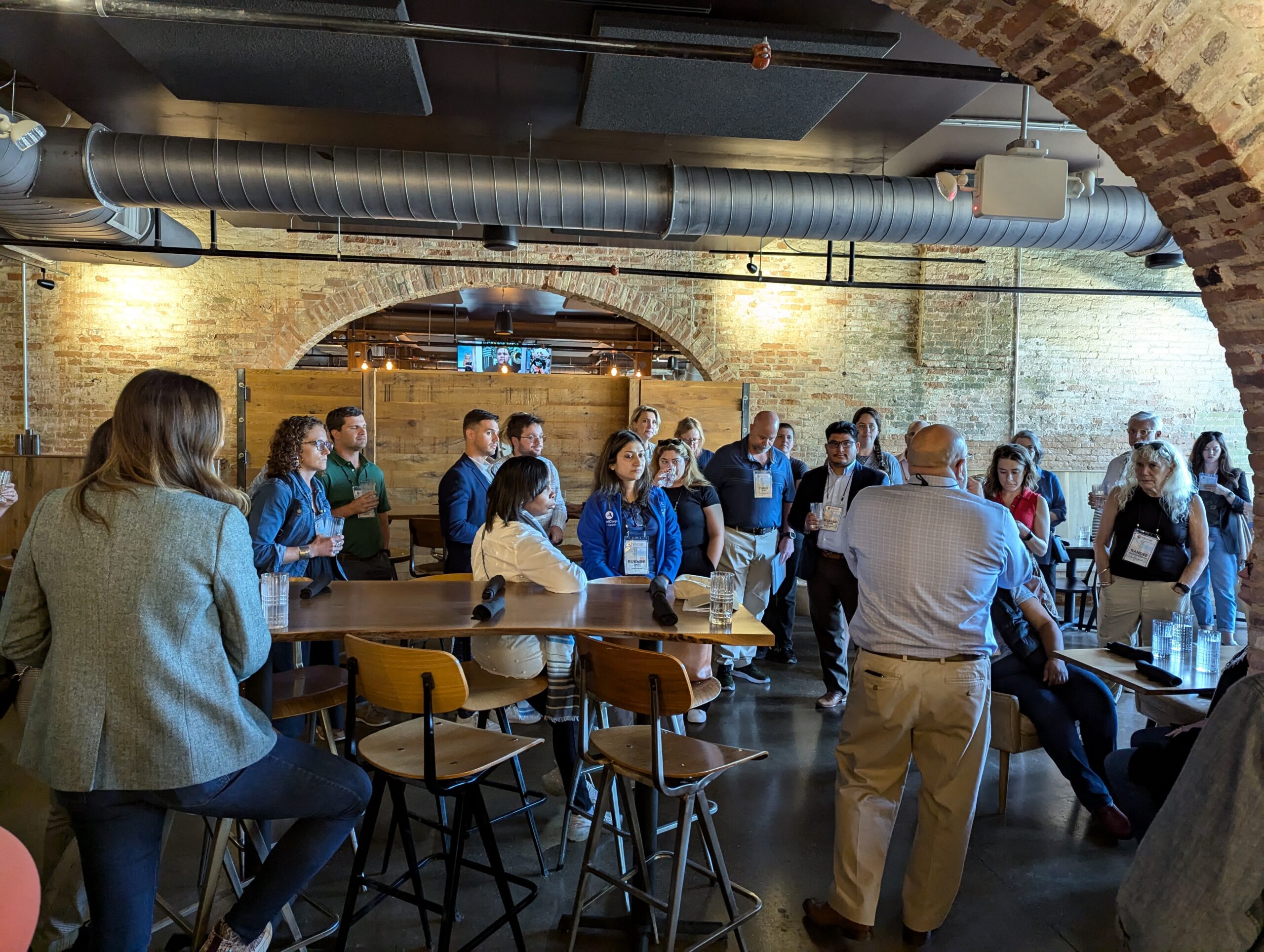As the community moves forward into the next phase of the coronavirus pandemic, local businesses are now in a position where innovating and planning ahead for an uncertain future is of critical importance.
In a recent interview with 97.9 The Hill’s Aaron Keck, President of the Chamber for a Greater Chapel Hill-Carrboro Aaron Nelson discussed the state of the local economy and what to expect moving forward.
According to Nelson, this is currently the end of what he calls “Act One” of the process, which primarily revolved around crisis response. The community is now moving on to what he calls “Act Two”: the next four or five weeks where people generally remain in their homes and the economy remains relatively quiet.
In the same way gatherings were slowly decreased at the beginning of the pandemic, it’s expected the re-opening process will happen in the same gradual manner. During this time, Nelson stressed businesses need to be thinking outside the box when considering how to best move in to the third act: the recovery portion of this crisis.
“We are expecting recovery to not be months, but to be years of economic recovery on this,” Nelson said. “What’s most important is in this Act Two, this intermission between crisis response and recovery, is it’s a good time to do planning. We will not reopen the same way in this community as we were before.”
Because of all the changes that have taken place in this current climate, Nelson encourages businesses to ask themselves key questions about what life will be like when it’s time to re-open. Online sales could continue to flourish, while many employees may not feel safe returning to work right away.
Factors like these will play a large role in determining how businesses decide to operate, meaning there is a distinct possibility that things won’t go back to the exact way they were prior to the pandemic.
For some businesses, though, this crisis is becoming the final nail in their coffins.
“There were businesses struggling to succeed in the strong economy that we were in before,” Nelson said. “And this will just be too much. Some have reached out for their Payroll Protection Plan lending from the federal government or their economic injury loans. That may carry them forward, but for some of them the fundamental problems they had before will remain after this is over.”
For others, like restaurants and theaters, big changes may be essential to their survival in a world post-coronavirus.
“Some organizations that were solid and sound with strong business plans just don’t work in a world in which people are not as physically close to each other,” Nelson said. “Where 100 people aren’t gonna gather in a movie theater or a play.”
Nelson also said that non-profit organizations, especially those providing meals or shelters, are in great need of help as this crisis continues to take its toll. It goes without saying that the longer the pandemic lasts, the worse off businesses will be.
On the positive side, though, businesses like hardware stores, grocery stores and services providing people with things they need at home are thriving. In addition, having a community anchor like UNC gives this area a distinct advantage, a bright silver lining behind some incredibly dark clouds.
“Our economy generally is late into recessions and early out of them,” Nelson said. “That’s because we are buoyed by revenue from our university and our hospitals, who make giant payroll investments in our community. As long as those giant payroll investments continue, I think we will be more resilient than most.”
Note: 97.9 The Hill has been Chapel Hill and Orange County’s daily source for free local news since 1953. Please consider making a donation to continue supporting important local journalism like this.









